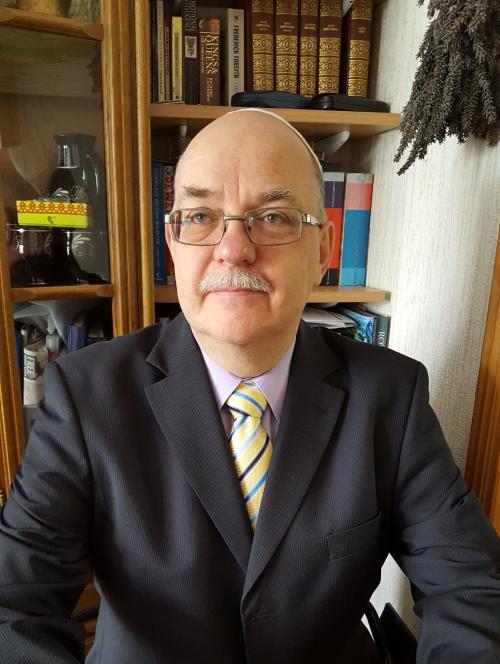
“I am ever so grateful for every single day more of life that Nik has given me.”
These are the words of 60-year-old Jay-Jay Martin, whose life changed after he had a pioneering neurosurgery procedure overseen by Mr Nik Patel, consultant neurosurgeon at Southmead Hospital in Bristol, which is run by North Bristol NHS Trust.
Mr Martin underwent a Deep Brain Stimulation (DBS) procedure for refractory hypertension – high blood pressure that is uncontrolled and remains high despite five or more medications.
The procedure shows how innovative neurosurgery continues to be, with Bristol playing a world-leading role since the Department of Neurosurgery was set-up in the city in 1948, the same year as the founding of the NHS 75 years ago.
Since 1990, Mr Martin has had four recognised heart attacks, three recognised strokes, as well as TIAs (transient ischaemic attacks) and at one point his blood pressure was as high as 298 over 170. Any level above 140 over 90 is considered high blood pressure.
“It was in 2019 that DBS was suggested as something that might be able to help me. I was very reluctant initially because I also had other health conditions that were likely to be affecting my blood pressure,” said Mr Martin, who lives in Bristol and is married with four children and six grand-children.
“I was referred to Nik and through conversations with him I felt it would also enable me to give a contribution to medicine and I agreed to try the procedure and had it done in January 2020. The DBS has made a huge difference to my life. My blood pressure is now down to 135 over 75.
“I was in hospital and bedbound before I had this procedure and there was always a risk I may have another heart attack or stroke. I’m now far more mobile and the risk to me of stroke and heart attack has significantly reduced.
“It’s a tremendous change and my life has turned around. In every aspect of my life the DBS has helped me. I am extremely grateful to Mr Patel.”
DBS involves electrodes being placed in the brain that are connected by wires to a stimulator under the skin in the chest, similar to a pacemaker.
The stimulator sends electric pulses through the electrodes to the brain to stimulate parts of the brain, and can be adjusted or stopped over time.
Mr Patel, consultant neurosurgeon and honorary senior clinical lecturer at the University of Bristol, said: “There is currently no available treatment for refractory hypertension (this is distinct from resistant hypertension), which affects at least 1.5% of all hypertensive (high blood pressure) patients, accounting for about 20 million people worldwide, and about 140,000 people in the UK.
“Mr Martin now has blood pressure in the normal range for his age and he is on half the number of medications that he was on before. I’m in regular contact with him to discuss his blood pressure readings, which allows us to make any changes should we need to.”
Bristol has made a huge contribution to neurosurgery including the pioneering of psychosurgery, advanced neurophysiological techniques, neuroendoscopy, microsurgery, CT and MRI scanning, intra-operative computer guidance and robotic surgery.
On 24 June 2023, Bristol hosted former trainees, consultants, professors of neurosurgery and chairs of neurosurgical units from across the world to celebrate Bristol's contribution to neurosurgery. Delegates heard of the impact that Bristol's neurosurgeons had on the delivery of neurosurgical services in this country and globally, starting with the work of Diana Beck, arguably the world's first female neurosurgeon during the 1930s, through to the current day when our neurosurgeons are trialling world-leading miniaturised deep brain stimulation for the treatment of Parkinson's disease (the SPARKS trial) and hypertension, amongst many other exciting developments.
